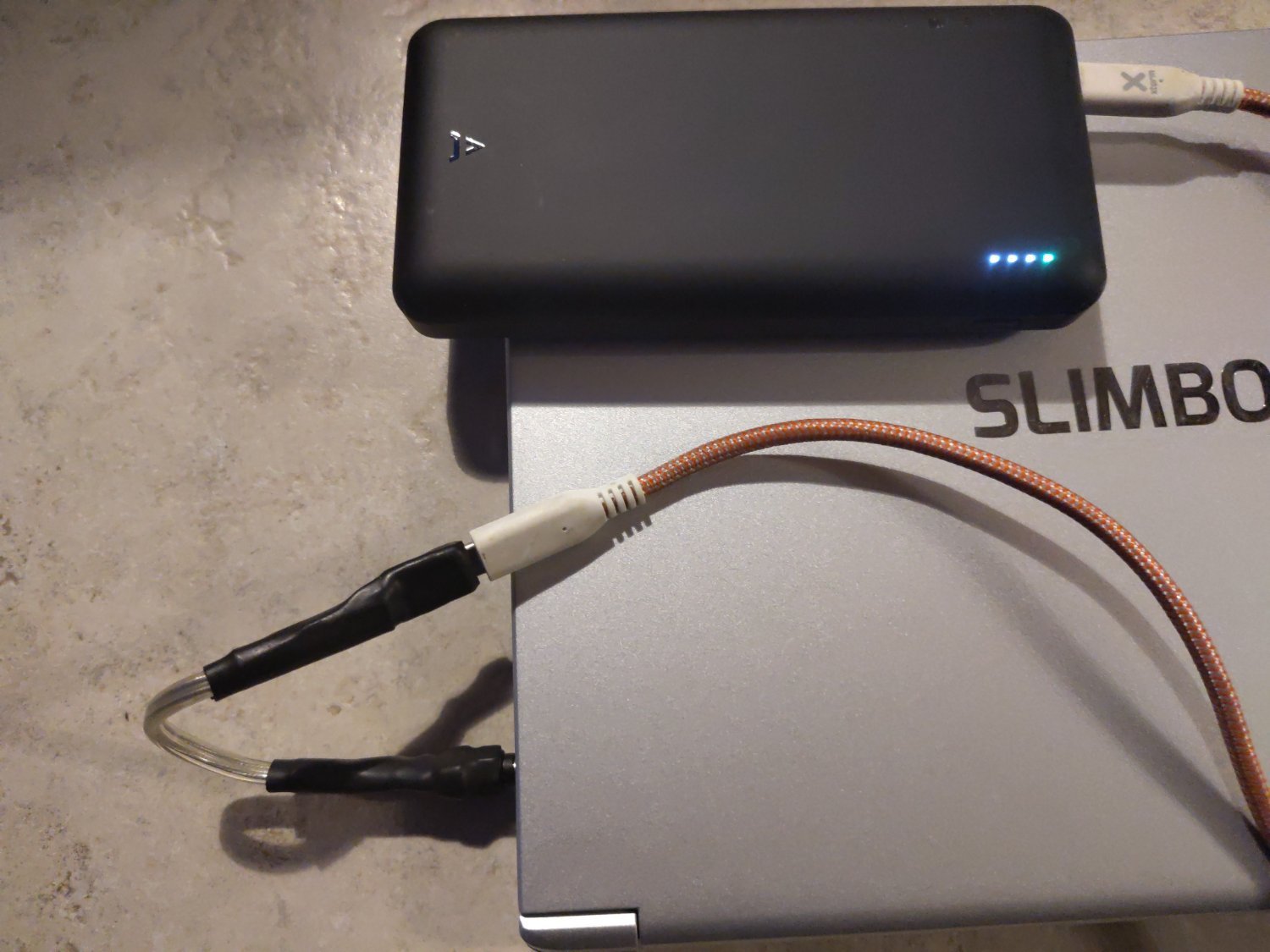

I’m sorry, but even if this was a cockroach being killed, I still think it could be NSFW. None of this should be happening, it does. These are humans on both sides being murdered for no good reason and it is not the sort of imagery kids should accidentally see. The NSFW blurring exists for such cases.
I hope the aggressor retreats.
That being said, I don’t see the sidebar asking to blur right now. I don’t know if it is against my instance’s rules. It feels like common sense to me.









I agree. Without an NSFW tag this video auto-plays when scrolling through the feed on Voyager. If playback would require an action to start playing then it’d feel different indeed.